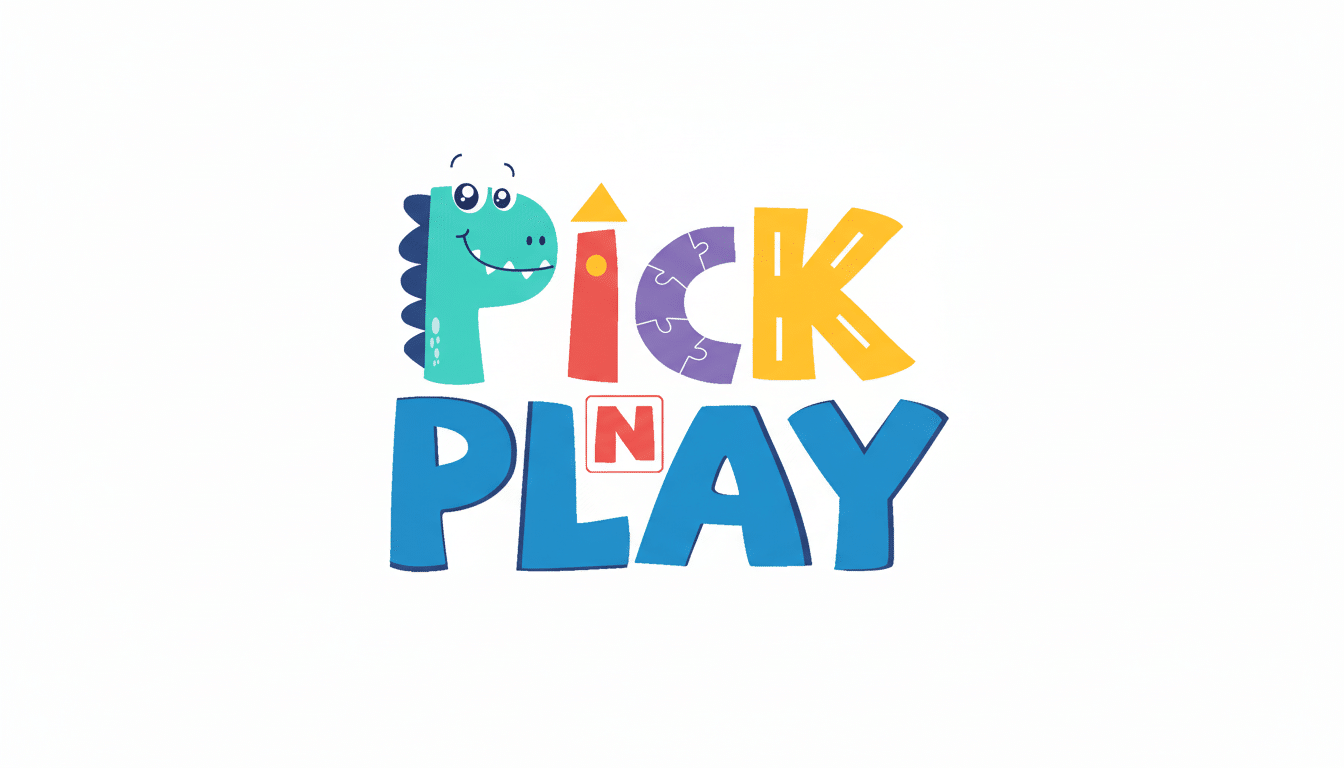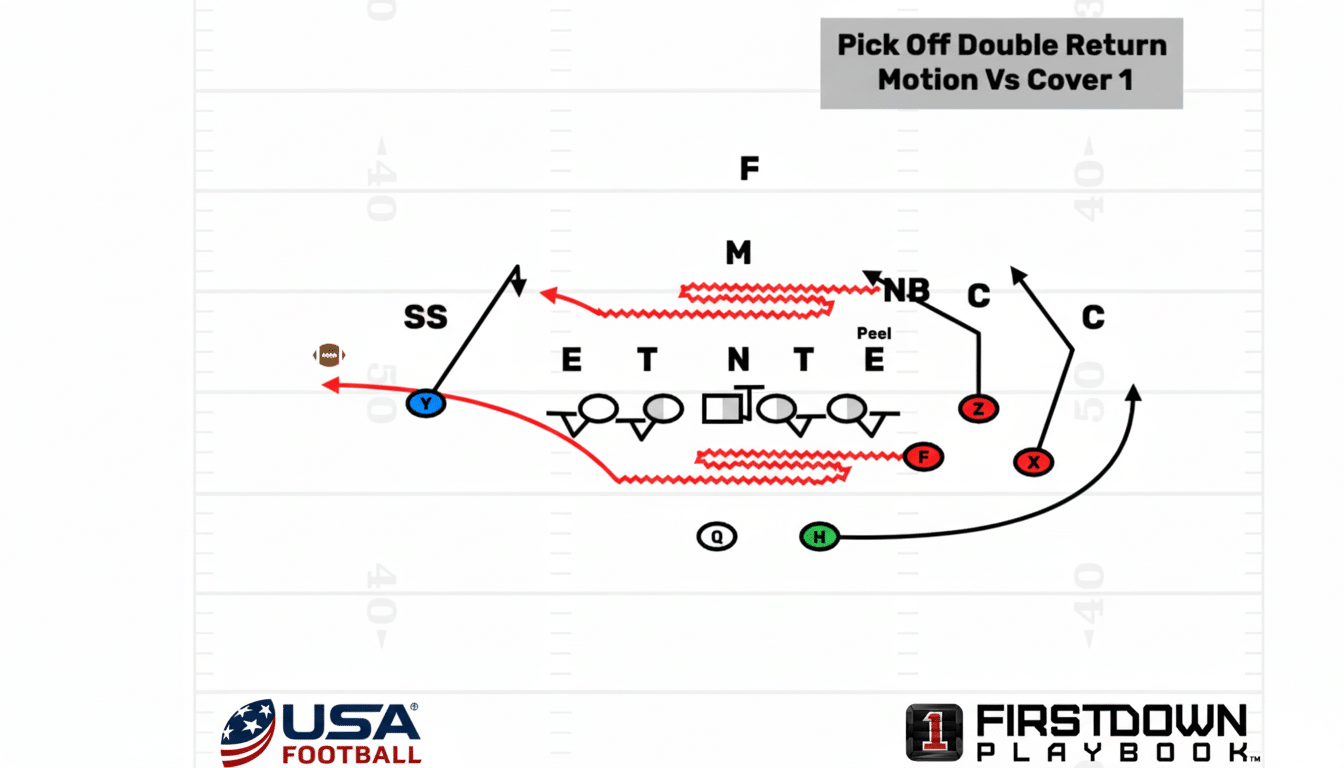Spotify is unwinding a limitation it has imposed for much of its 13-year history. (On-demand playback is being rolled out to its free tier, so anyone on the ad-supported package can pick a specific track and hit “play,” search for a song and play it immediately or start from a track shared over social media service. The three features — which the company has branded “Pick & Play,”;Search & Play” and “Share & Play” — represent a major change in how Spotify treats choice for its non-paying listeners.
Prior to today, free users on mobile were highly limited concerning what they could play other than shuffling and skipping a set number of times, an experience that is engineered to encourage upgrades to Premium. With that, on-demand listening becomes much more attainable, although Spotify claims the free and paid tiers will still offer substantial differences.

What will change for free listeners
“Pick & Play” allows non-paying users to tap play on any song tile within the app. “Search & Play” accomplishes the same job without leaving the search bar, enabling you to locate a specific track and start playing it with your queue fresh as a daisy. And “Share & Play” eliminates another, that between social: tap on a link shared by a friend or an artist on places like Instagram, and open that exact song in Spotify, press play — no shuffle detour necessary.
The free version is still ad-supported, and ads will play between songs as well as during sessions. Offline downloads remain a paid feature, and there are audio quality caps below the highest settings reserved for Premium. In short, choice is broadening but convenience and fidelity still divide the tiers.
Why Spotify is loosening its grip
Ultimately on-demand access is an engagement play for free users. By making track starts frictionless — regardless of whether they come from search or socials — Spotify amplifies daily sessions, time-spent, and the amount of ad impressions the app can drop. Leadership has said publicly that advertising must account for a bigger share of sales, and the easiest way to grow that line is to increase usage on the free tier.
The company’s audience mix is conducive to such a shift. In its most recent reported quarter, Spotify had 696 million monthly active users, including 433 million who use the free ad-supported plan and 276 million subscribers. That enormous free-base — a solid majority of all MAUs — is itself a very rich surface area for ad inventory convenient when the experience loosens up and gets more “instant-start.”
Industry dynamics are also favorable for the bet. According to the IFPI, streaming continues to be the engine of growth for recorded music — with ad-supported listening a smaller but growing part alongside subscriptions. Indeed, analysts at companies like MIDiA Research have long argued that a compelling free tier is a strong funnel to paid plans; providing users with the exact track they want on-demand, when they want it, may raise satisfaction without totally cannibalizing those subscriptions right away.

What is still exclusive to Premium
Spotify keeps some of its marquee features behind the paywall. Lossless audio is still a Premium-only feature, so too are AI Playlists and the Mixes that mash personalization with mood-/genre-led prompts. Fundamental features like ad-free listening, higher bitrates and offline downloads still remain exclusive to subscribers.
Some inter-tier features that stretch across them both remain. Messages, Spotify’s in-app artist-to-fan missives, and that personalized “daylist” are still there whether you pay or not, underscoring the platform’s ongoing shift away from discovery and towards direct touch-points and habit-building across its entire user base.
What it means for artists and the competition
Smoother track-level starts for artists and labels can lead to more predictable campaign results. Now when a fan sees a share on social, they can open Spotify and play that exact song instantly under the free tier — reducing friction that used to guide listeners to shuffle or playlist radio instead. That should back stronger conversion for pre-saves, teaser clips and influencer-led campaigns, especially for developing acts looking to build momentum outside editorial playlists.
Competitive pressure probably also entered the calculus. Apple Music does not have a permanent free on-demand tier; YouTube Music’s free offering also depends on platform and region and often restricts background play. Amazon Music’s ad-supported and Prime offers still impose limits around on-demand selection. Expanding on-demand access for free users does make Spotify seem more “plug-and-play” than many of the alternatives, especially on mobile.
This is also a philosophical move. The last time Spotify did a free tier refresh, it opened up on-demand listening for some of its playlists only; appliance it to any track is a much stronger symbol that the company believes users will tolerate ads as payment for choice – and that Premium won’t be devalued. If engagement soars as expected, Spotify pockets not only ad revenue over the near-term but a larger top-of-funnel for future subscriptions.
The upshot: Free listeners get actual control, Premium retains the best-quality experience and Spotify is betting frictionless play is good business — for users, for artists and also for its ad model.

